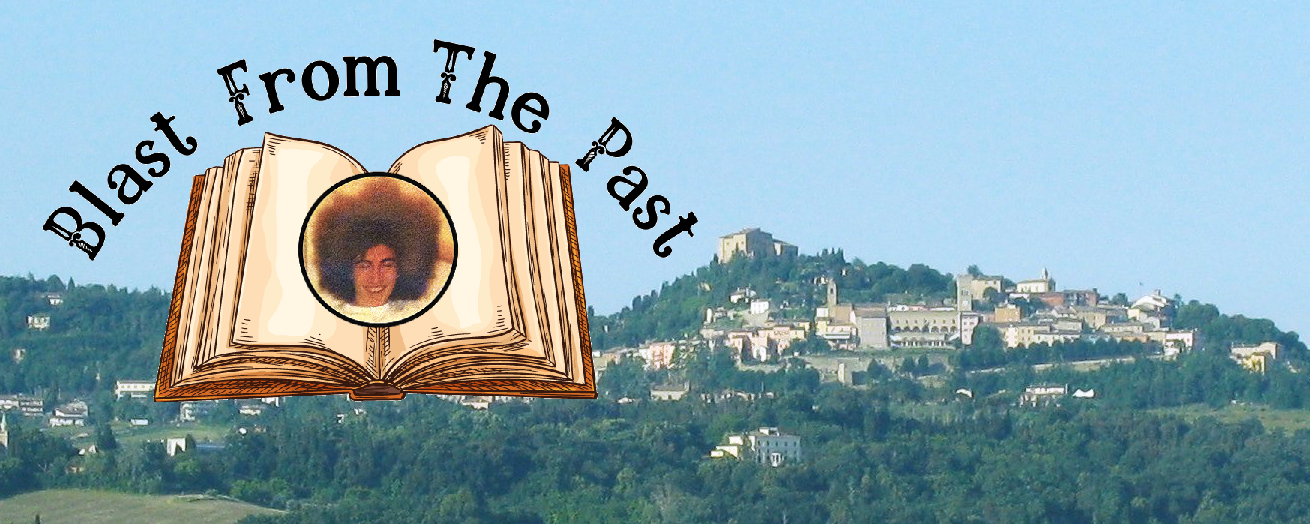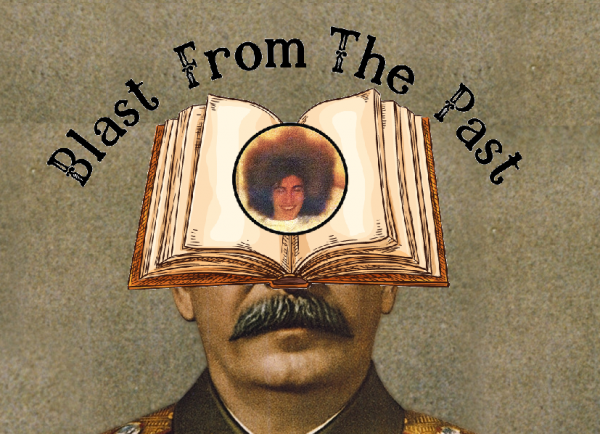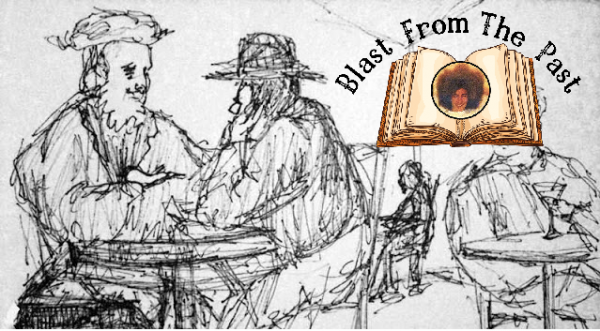7 Nissan

As he left his wealth and leadership posts in Italy, at each city on his journey the locals begged him to stay as their leader. His writing of these communities (e.g. Rome, Naples, Sicily, Alexandria, Cairo, Gaza, Hebron, and Bethlehem) are invaluable since most of these Jewish communities are no longer extant. However, he was determined to make it to Jerusalem. When he arrived in Jerusalem he records:
“About three-quarters of a mile away from Jerusalem… the blessed city was revealed to us, the site of our joy. And at that point, we tore our clothing in sorrow, as we were required to do. And when, sometime later, we saw our holy Temple and its ruins, we tore our clothing a second time for the Temple. We came to the gates of Jerusalem, and we entered on the thirteenth of Nissan 5248, in the afternoon. On that very day we stood at the gates of Jerusalem.” and he continued “A small section of the Western Wall still exists. Its stones are huge and thick, I have never seen such great stones in any ancient building, neither in Rome nor in any other land.”
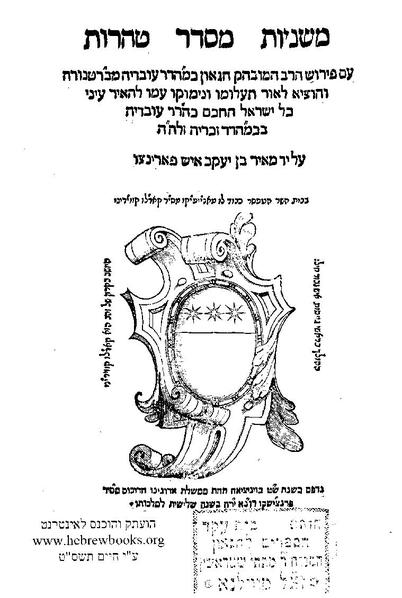
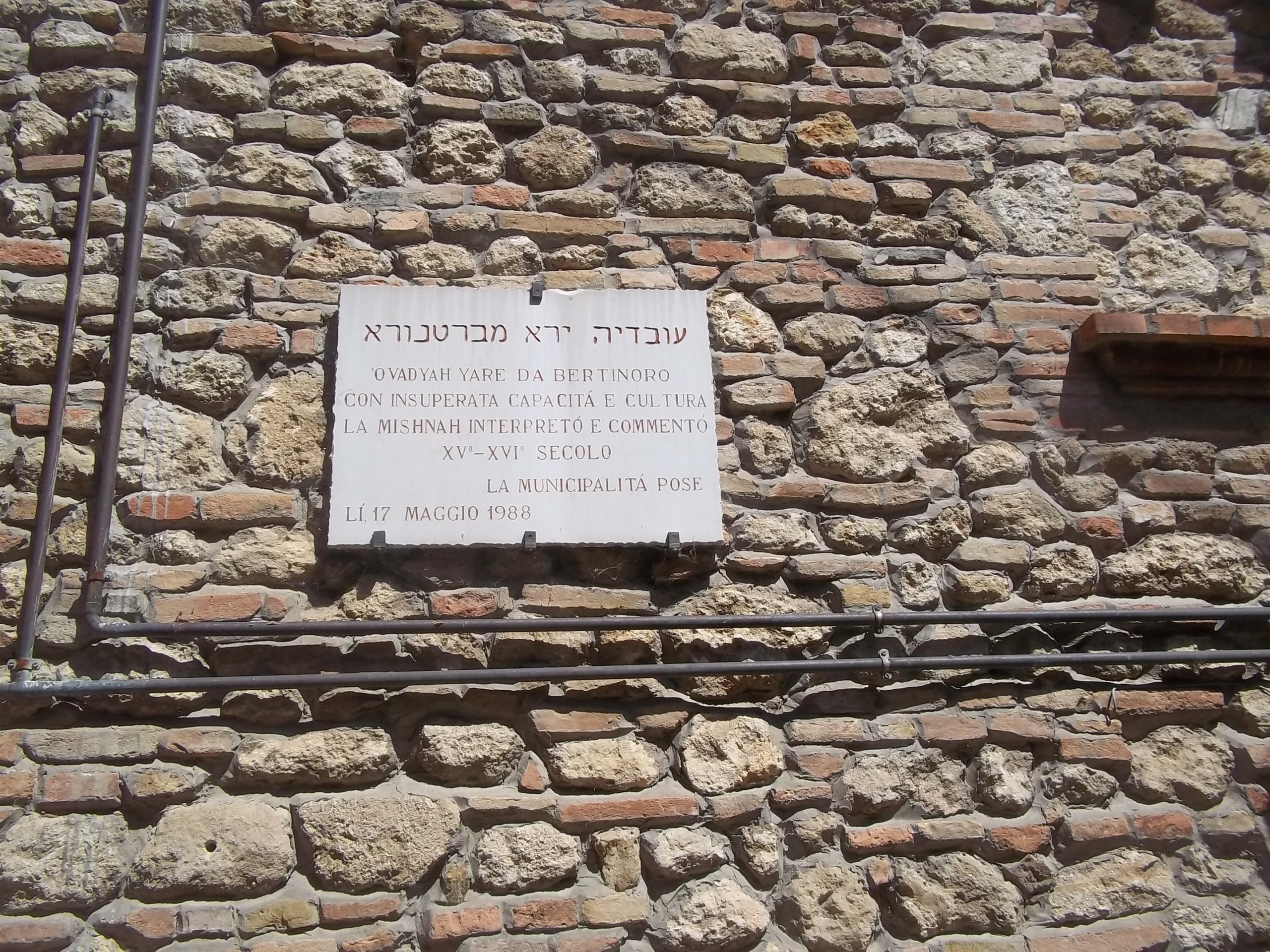

Parsha in a few words: Find your little Aleph
Authors Notes:
With gratitude to Manny Saltiel for sending out a weekly newsletter of Jewish history that helps inspire these thoughts. Also a big shout out to Wikipedia for all the endless blackholes of history. If you have any feedback on my new blog please let me know!
Alex is the Operations Director at TJE. With a degree in History (B.A.) and a schmaltz in Judaism (N.J.B.), this weekly “Blast from the Past” is a fun way to combine and share how the past can inform our future.

